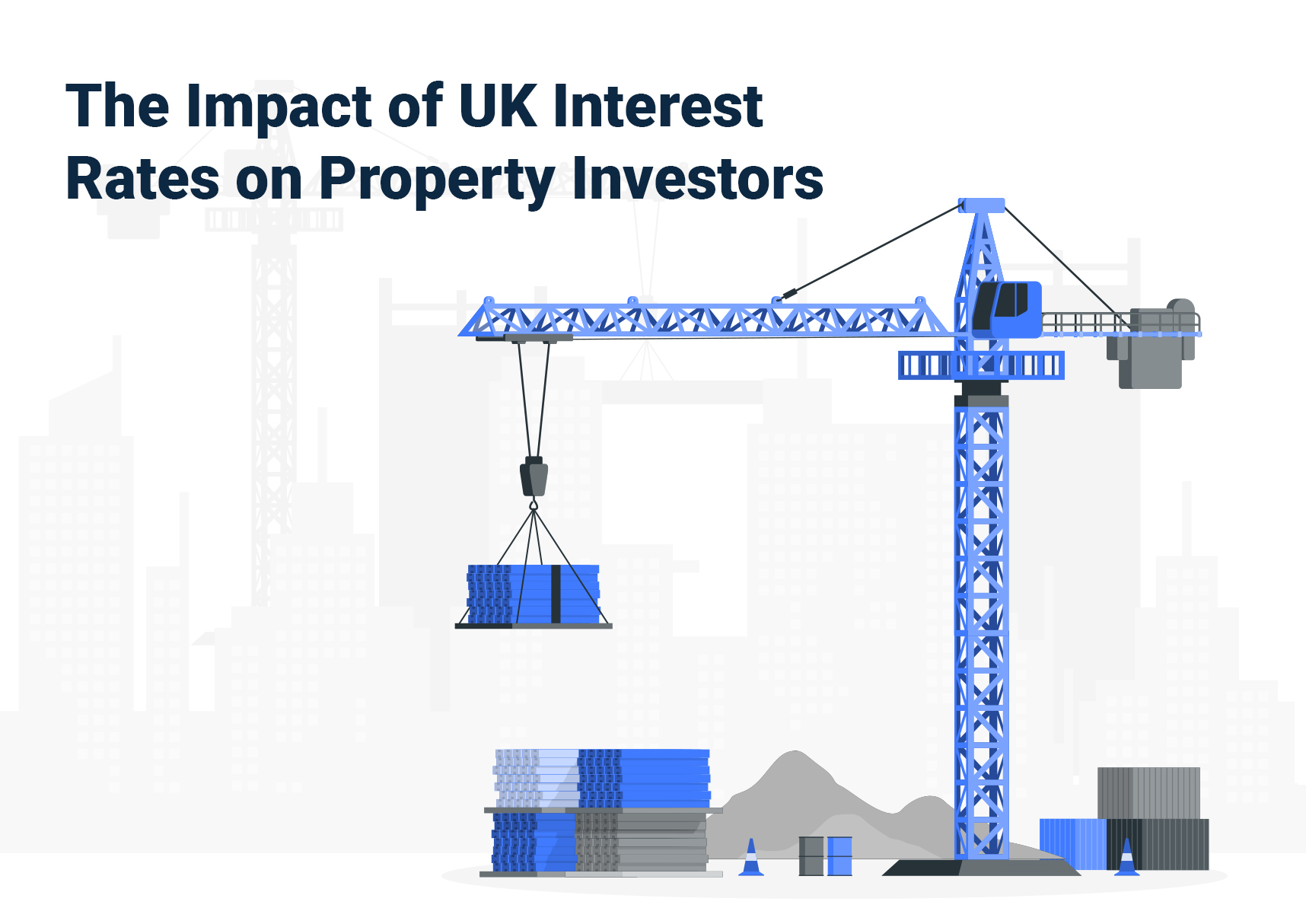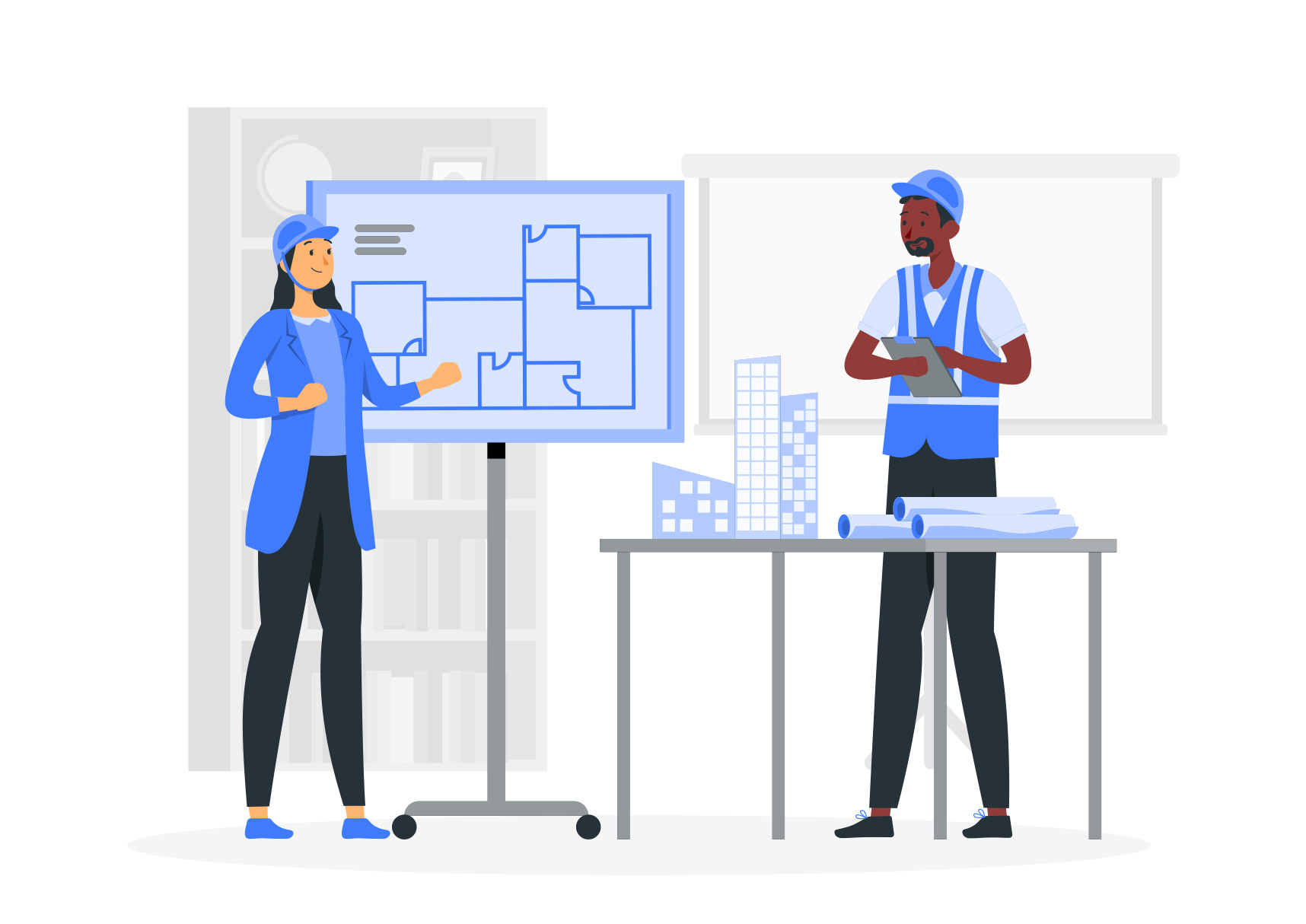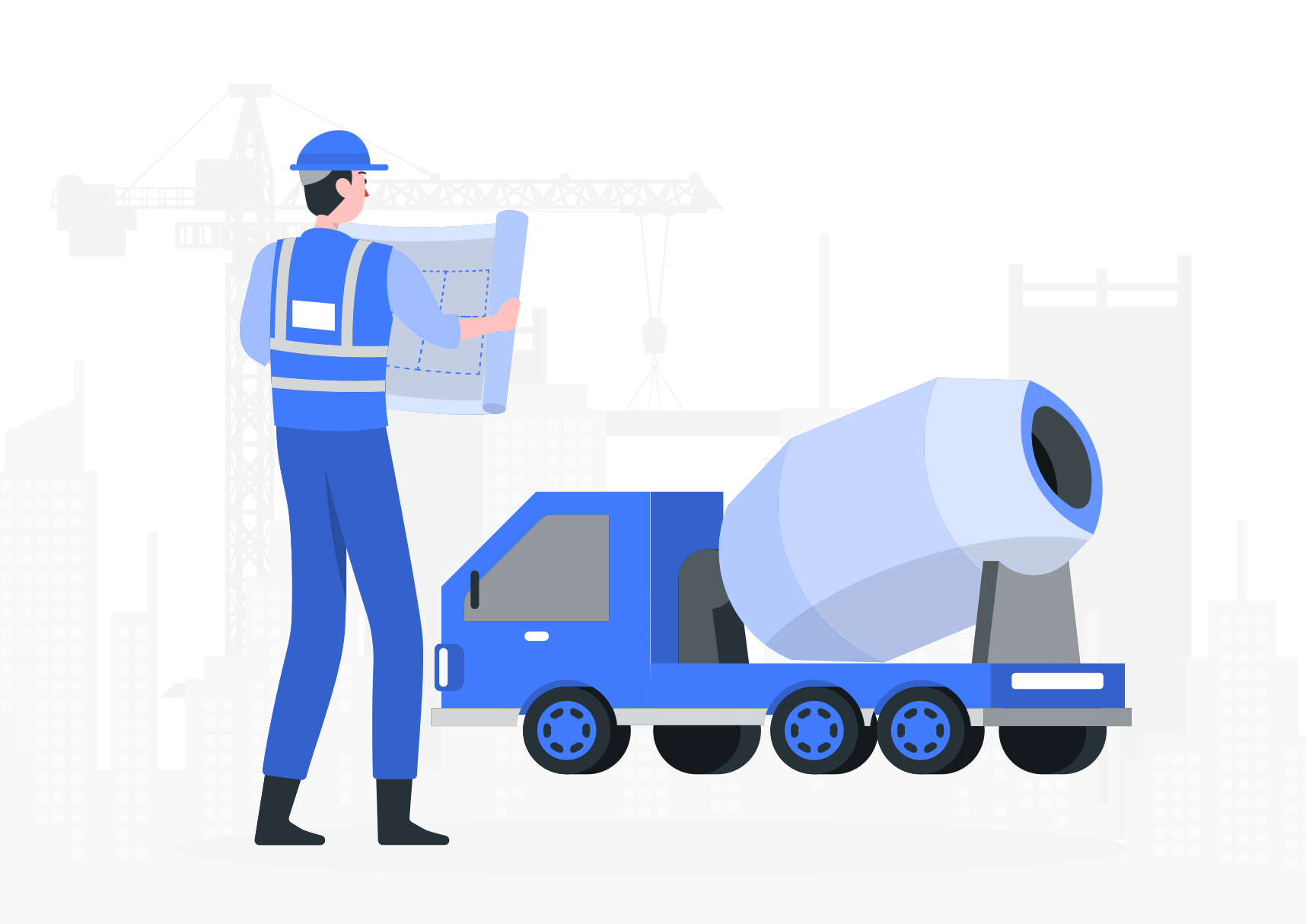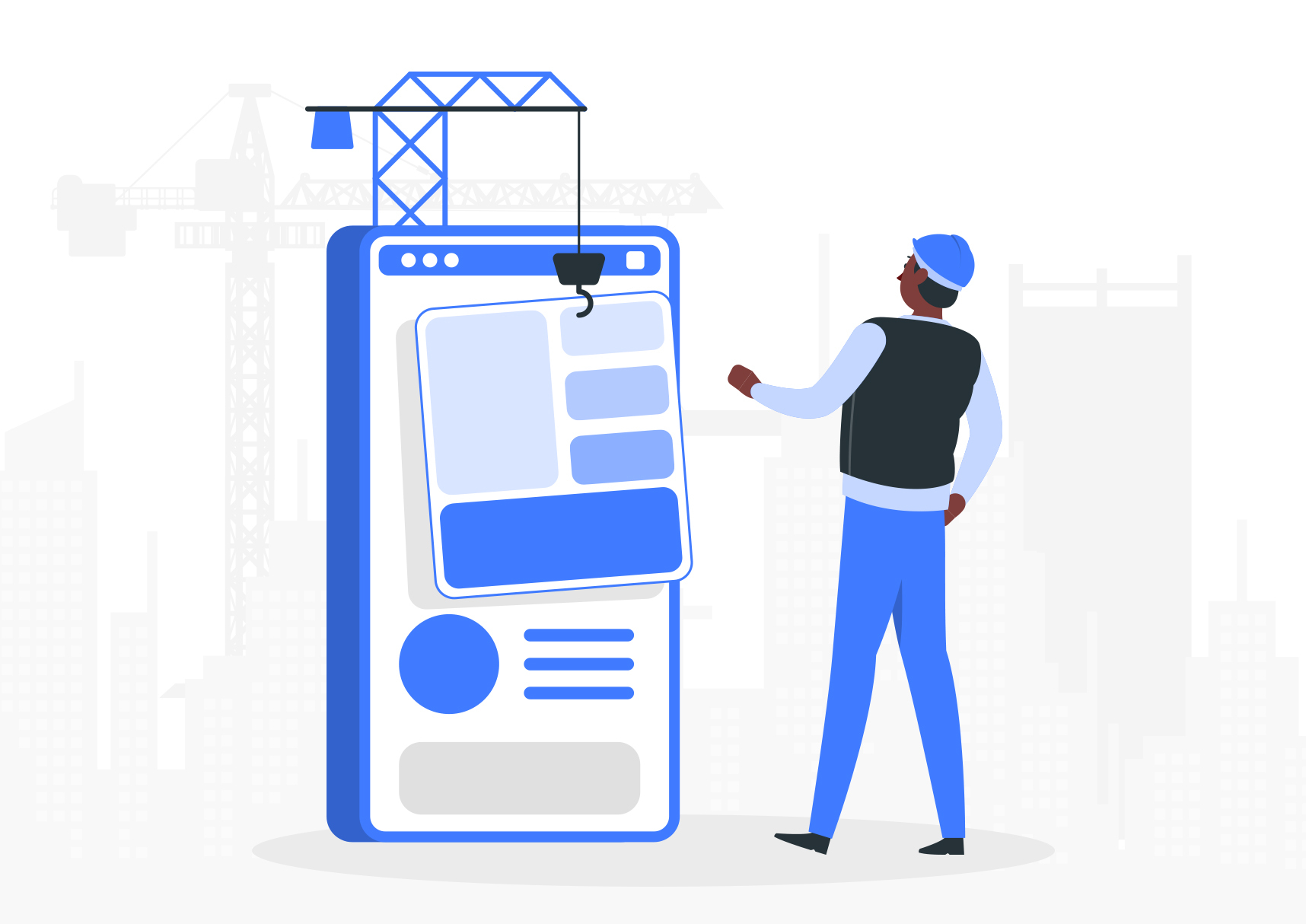The Impact of UK Interest Rate on Property Investors

With inflation creeping upward and UK interest rate on the rise, property investors will be wondering what this means for their properties and any existing plans they have to invest. Rising interest rates can have an impact on the UK property market in a number of ways, particularly when it comes to mortgage rates and the cost of borrowing.
In this article we take a closer look at the impact of UK interest rates on property investors,what higher interest rates mean when it comes to property prices and whether it’s an advantageous time to lock in a mortgage rate.
What is happening with UK Interest Rates?
By Autumn 2022, inflation is tipped to reach an annual figure of 10%. Driven by rising energy and food prices, the Bank of England has been increasing interest rates since December 2021, most recently in June 2022, when the base went up from 1.00% to 1.25%.
The Bank of England uses interest hikes to try and cool the economy while taming inflation. Inflation has implications for the mortgage market and is likely to cause mortgage rates and repayments to rise.
What Happens to Real Estate When Interest Rates Rise?
Mortgage payments fluctuate according to interest rates. An increase in interest rates leads to higher mortgage rates and larger repayments for borrowers. As a result, when interest rates rise, we tend to see lower demand for buying a house.
A decrease in interest rates leads to lower mortgages and smaller repayments. Low interest rates are a good incentive to borrow because mortgage repayments will be more affordable.
Will higher Interest Rates Lower House Prices?
Higher interest rates don’t always cause a fall in house prices. However, previous trends and historical mortgage rates show that with sustained and significant rise in interest rates, it is likely that house prices will fall. When interest rates rise, the cost of borrowing increases meaning there tends to be lower demand for buying a house, which results in falling house prices.
- Low interest rates
Low interest rates tend to encourage buy-to-let investors to purchase houses and turn them into buy-to-let properties. With low interest rates and rising house prices, the cost of mortgage payments on a house can usually be covered by rental income, giving investors an incentive to buy an investment property.
- Rising interest rates
With rising interest rates, there comes a point when monthly mortgage repayments for buy-to-let investors are higher than rental income. This means there is a stronger incentive for investors to sell, which can mean house prices drop and the market experiences a negative spiral due to lack of confidence.
- What do interest rates mean for homeowners?
Homeowners may be less sensitive to interest rates. However, should rates rise to high levels some homeowners may not be able to afford their mortgage repayments and be forced to sell. When interest rates rise we see a rise in mortgage defaults, or more people selling their houses because they cannot keep up with the repayments and have no choice.
High interest rates also tend to mean that younger generations continue to keep renting rather than take on an expensive mortgage, meaning less demand in the current housing market.
Is it Better to Buy a House when Interest Rates are High?
 There is usually an 18-month delay between interest rates changing and the knock-on effect on house prices. Homeowners may not notice the impact of changes for a while and it takes time for them to adjust to UK interest rate changes and decide what to do with their property. Those on fixed-rate mortgages may not notice for a longer period.
There is usually an 18-month delay between interest rates changing and the knock-on effect on house prices. Homeowners may not notice the impact of changes for a while and it takes time for them to adjust to UK interest rate changes and decide what to do with their property. Those on fixed-rate mortgages may not notice for a longer period.
It’s good to be aware that interest rates are not the only factor affecting property prices. Other factors that have an impact on house prices include:
- Economic growth
- Consumer confidence
- Availability of financing
- Supply and demand of housing – a shortage in supply will push house prices up.
Will UK Interest Rate Rises Cause House Prices to Fall?
 As it currently stands, the UK housing market is used to very low interest rates. If interest rates rise this may mean that many homeowners and buy-to-let investors struggle with an increase in costs, especially combined with the cost of living crisis.
As it currently stands, the UK housing market is used to very low interest rates. If interest rates rise this may mean that many homeowners and buy-to-let investors struggle with an increase in costs, especially combined with the cost of living crisis.
Because interest rates were so low in recent times, there was little incentive to keep money in the bank when property offered good rental income and when house price to earning ratios were close to record high rates.
While house price falls are something to keep in mind, the UK still faces a constraint in the supply of housing which continues to prop up property prices. Historically, supply constraints push up house prices, but there can still be ups and downs.
UK Mortgage Interest Rates Forecast
In the UK, interest rates are going up and that means that mortgage rates are likely to go up too. Mortgages reached a historic low in 2021 and forecasts predict that a five-year fixed mortgage rate is likely to rise by 0.3 per cent this year, up to 1% in 2023 and 2% in 2024. When it comes to housing prices vs interest rates, while we can guess patterns, nothing is certain.
Should I Lock my Mortgage Rate Today 2022?
With high housing demand, construction supply shortages and market trends, a rise in mortgage rates for borrowers is expected in 2022. Mortgage interest rates fluctuate from day to day and this is particularly true in 2022. Even minor changes to mortgage rates can impact the amount you pay when you close on your home loan.
What is a Mortgage Rate Lock?
Mortgage rate locks shield borrowers from costly mortgage fluctuations should interest rates rise. A mortgage rate lock keeps interest rates from rising from the time a prospective homeowner applies for a mortgage and closes on their new home.
When a homebuyer applies for a mortgage, the lender usually lets them lock in the rate from 15 to 60 days free of change. Should it take longer than 60 days to close on the property, lenders usually make extended rate locks available for up to 180 days. Longer mortgage rate locks usually come with a higher fee – usually between 0.25% to 1% of your loan amount.
What are the advantages of a mortgage lock?
A rate lock protects the borrower from costly fluctuations and keeps the interest rate in place so they get the best rate possible when going through the purchase process. A mortgage rate lock means that even if rates go up over the period, you get to keep the lower rate.
What are the disadvantages of a mortgage lock?
On the other hand, if you lock your rate and interest rates go down, you can’t take advantage of the lower rate on a refinance unless your rate lock includes a float-down option. A float-down option allows you to take advantage of an interest rate decrease during your lock period.
What if rates drop after I lock?
When deciding whether to take advantage of a mortgage rate lock, borrowers need to weigh the risk of interest rates going up in the future with the extra costs they’ll pay to lock in the rate. There is always a risk that rates will drop instead. As mentioned, it’s wise to look for mortgage deals with a float-down option that allows borrowers to get a lower rate (usually for a fee) should it drop before closing on the property.
With the cost of living rising, there is more pressure on monthly budgets and it looks like mortgage rates are set to increase. Rising UK interest rates are generally a negative headwind for investors who may see tenants struggle to afford rent, or that rent no longer fully covers the mortgage repayments on a property. That said, property is still one of the most solid long-term investments and returns on property are likely to be significantly higher than other income-producing assets. To find out more about investing in property get in touch with our expert team.


